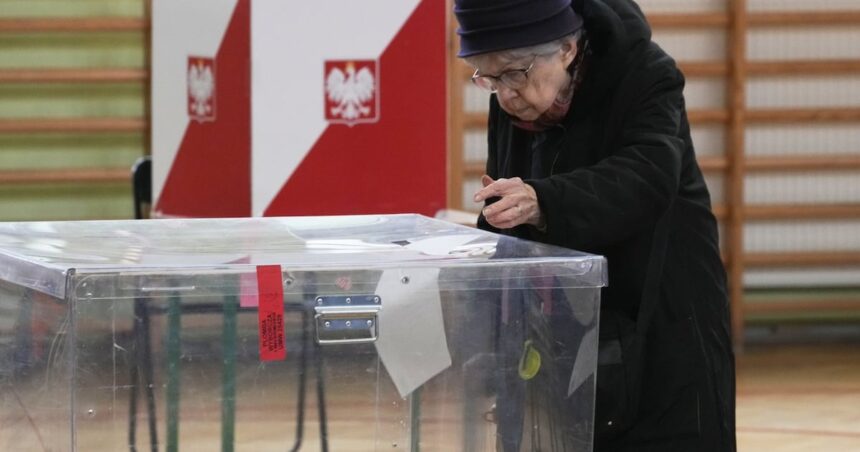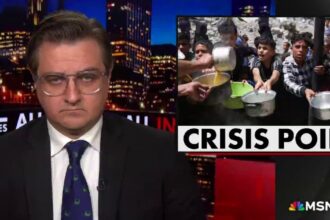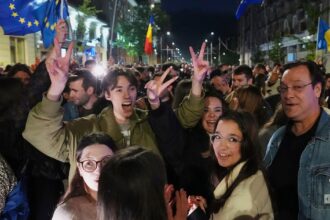In a pivotal moment for Poland’s political landscape, Sunday’s presidential election has propelled Warsaw Mayor Rafał Trzaskowski and conservative historian Karol Nawrocki into what promises to be a fiercely contested runoff. According to exit polls released moments after voting stations closed, neither candidate secured the required majority, setting the stage for a decisive second round that will shape Poland’s domestic and foreign policy direction for years to come.
Trzaskowski, representing the centrist Civic Coalition currently governing Poland, emerged with approximately 32.5% of votes, while Nawrocki, backed by the nationalist Law and Justice party, secured roughly 28.3%. This narrow margin reflects the deeply polarized nature of Polish society, where divisions between liberal urban centers and conservative rural regions have intensified in recent years.
“This election represents nothing less than a choice between two visions of Poland,” said Dr. Agnieszka Kowalczyk, political scientist at the University of Warsaw. “On one hand, Trzaskowski embodies closer integration with European Union values and liberal democracy. On the other, Nawrocki represents a more sovereignty-focused, traditional approach that resonates with many Poles concerned about preserving national identity.”
The campaign has been dominated by crucial issues including Poland’s relationship with the European Union, its stance toward neighboring Ukraine amid ongoing Russian aggression, and domestic concerns such as inflation and public services. Voter turnout reached approximately 63%, reflecting the high stakes involved in this election.
Third-place finisher Sławomir Mentzen, from the far-right Confederation party, captured 15.4% of votes according to exit polling. His supporters will likely play a decisive role in determining the eventual winner, as both leading candidates will court this significant voting bloc ahead of the runoff.
“The next two weeks will see intense campaigning focused on winning over Mentzen’s voters,” noted Jan Kowalski, analyst at the Warsaw Institute for Public Affairs. “Trzaskowski will need to convince them he can address their economic concerns, while Nawrocki will emphasize shared cultural values.”
Poland’s presidency, while largely ceremonial, wields significant veto power over legislation and plays a crucial role in shaping foreign policy. The eventual winner will work alongside Prime Minister Donald Tusk’s government, potentially creating either a harmonious partnership if Trzaskowski prevails or a contentious cohabitation should Nawrocki secure victory.
The outcome carries implications far beyond Poland’s borders. As a key NATO member sharing a border with both Belarus and Ukraine, Poland’s strategic importance has grown substantially since Russia’s 2022 invasion of Ukraine. The country has been a leading advocate for strong Western support of Kyiv and hosts over one million Ukrainian refugees.
Economic factors have featured prominently in voter considerations. Despite Poland’s relative economic resilience compared to other European economies, inflation remains a concern, with many citizens feeling the pinch of rising costs. Both candidates have promised different approaches to addressing these challenges.
The runoff election, scheduled for June 1, is expected to be exceptionally close. Political analysts suggest turnout will be crucial, with urban participation potentially favoring Trzaskowski while rural mobilization could benefit Nawrocki.
As Poland stands at this crossroads, a fundamental question emerges for its citizens: will they embrace a future oriented toward deeper European integration and liberal values, or will they choose a path that emphasizes national sovereignty and traditional Polish identity?










